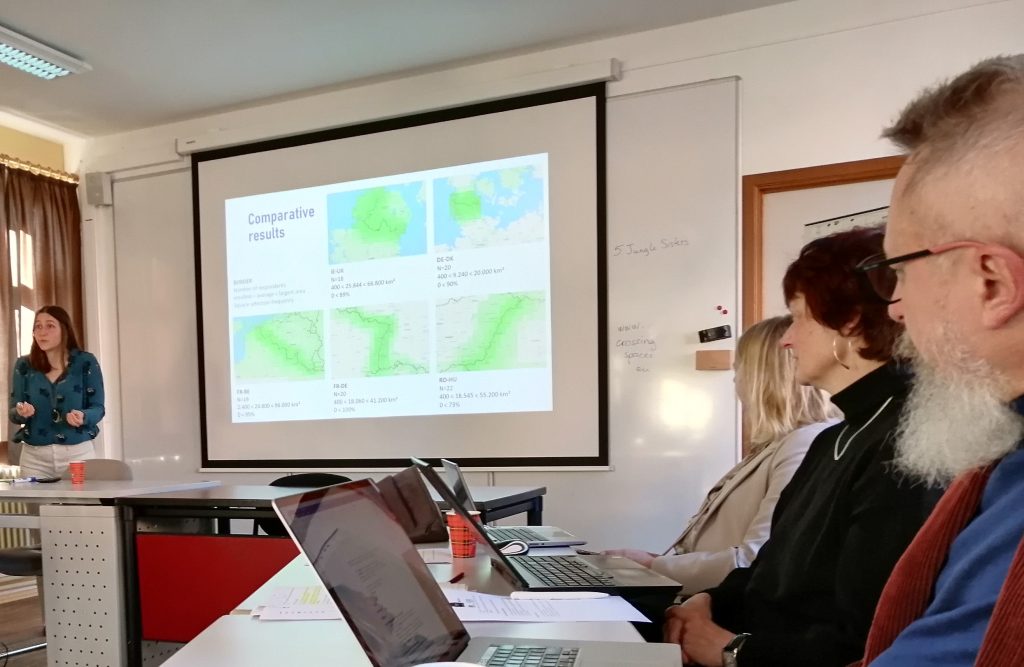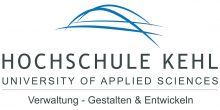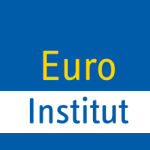Report on the focus-group and research seminar on Franco-Belgian cross-border cooperation
Cet article est aussi disponible dans la langue de Coluche
On 27 and 28 February 2023 the last meeting event at a European border of the FRONTEM network by Birte Wassenberg took place in Mons, organised together with DISPLU, a multidisciplinary research facility for local and regional studies of (cross)border spaces by Fabienne Leloup and Bernard Reitel.

The research seminar took place on the morning of 27th of February, and brought together two French doctoral students who are writing their thesis on the Franco-Belgian border. The first, Lucille Nicolas, described her research subject by the fact that she had found unpublished archives on a customs post in the Valenciennes region. She is therefore studying the profiles of customs officers, who embody the border, as part of her research, which she has entitled « Building Europe from below, the role of cross-border populations in the construction of Europe in the 19th and 20th centuries ». The second doctoral student, Marianne Petit, presented her work on the « market town centres of ‘medium-sized towns’ in highly urbanised regions, examples in Hauts-de-France and Belgium » and the means she has put in place to respond to her three hypotheses (representation of market centrality, town centre structure and consumer practices and strategies).
The focus group was held from the rest of the morning of the 27th to midday of the 28th. It was organised into 3 round tables, the first of which dealt with « commerce in the development of cities », allowing actors from Arras and Mons to discuss their perspectives on this subject. It emerged that France has a centralised plan (« Action Cœur de Ville »), whereas the competence for spatial planning is regional in Belgium. The discussion focused on the differences in local organisation between France and Belgium, mainly the differences between French communes and inter-municipalities on the one hand and the common results of mergers in Belgium on the other. The round table was marked by the centrality of local leaders, particularly in the field of human resources (and the distribution of competent personnel between the city and the intercommunality in France), and the need to organise exchanges between them (take the example of the Euroinstitute between Kehl and Strasbourg which offers cross-border training to the actors of the territory between Alsace and Baden-Württemberg and extend the exchanges to the elected representatives).

After a meal taken on the spot during which the speakers were able to continue their exchanges in a less formal manner, Pauline Pupier presented a map which cross-referenced the responses to a questionnaire she had previously sent out, asking the participants in the focus group to indicate what they considered to be the cross-border area. The result was the border strip between France and Belgium, although some people were very broad in their selection, taking into account the coast, the Dover region, Luxembourg and the border between Belgium and the Netherlands. No single box was selected by all focus group participants, suggesting that some participants selected only part of the border between France and Belgium. More than 90% of the 19 participants selected boxes representing the Eurometropole Lille-Tournai-Kortrijk.

As they were given the opportunity to take part in the lunch, participants in the second round table (« Security, traffic and integration ») discussed customs and police cooperation between Belgium and France. Several levels of cooperation exist, whether through international and European agreements, bi-national cooperation (Franco-Belgian) or more local cooperation. One of the speakers illustrated cross-border cooperation by setting up zones where French or Belgian police officers can go to the other country with weapons. Indeed, it happened that local residents called the belgian police because people with weapons were going to the chip shop on the Belgian side. However, these were French police officers, which posed a problem from the point of view of the sovereignty of the country in which they were located. The Tournai I and II agreements allowed for the establishment of zones where police officers from the other country could go on duty, thereby limiting the number of chip shop incidents. The Brexit was also mentioned, as it has changed the way goods flows are controlled, although from a cooperation point of view, little has changed.
The following morning, the discussion took place around the themes of « Culture and environment », with speakers from both the Eurometropole, the Plaines Scarpe Escaut European Park and the Wallonie Picarde inter-municipality. Several scales of relevance with regard to Franco-Belgian cross-border cooperation were identified. This cooperation also takes place in a thematic and spontaneous manner, covering a territory that is necessarily different from the « administrative geography ». The border is deeply open, even if transport issues remain unresolved. Differences persist, such as in terms of temporalities (difference between the short-term horizon of the mandate for the politician, whereas the citizen sees things in the medium and long term), or according to the territory concerned (not all the territories on the French-Belgian border are similar; the participants evoked the expression « micro-territory »). Cross-border cooperation, in particular INTERREG, generates administrative (« bureaucratic ») difficulties, where in fact there is great proximity between the actors of cross-border cooperation. The institutional framework is intended to be a facilitator, when in fact it is not necessarily so. The final emphasis is on the convivial aspect of the border, and on the need to create interpersonal links on both sides of the border.




